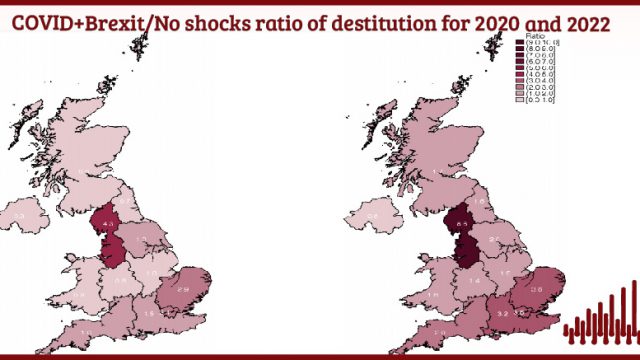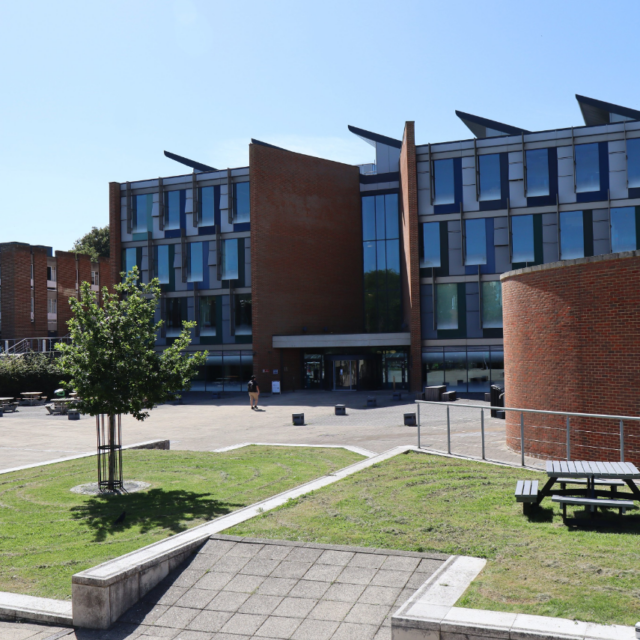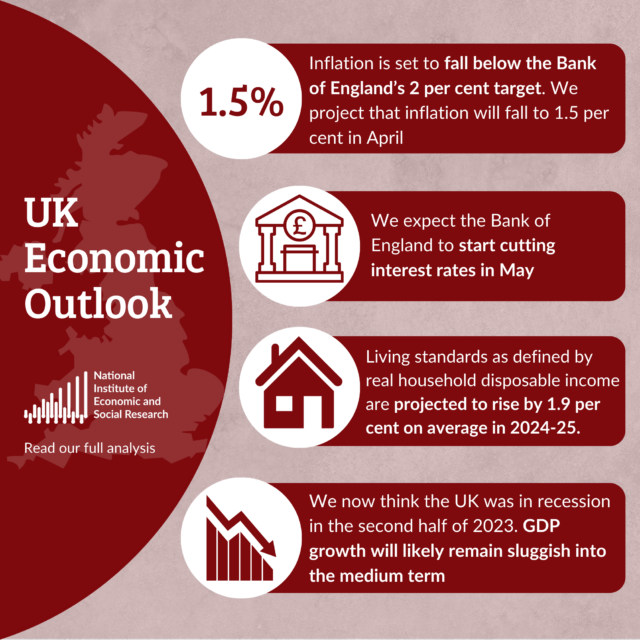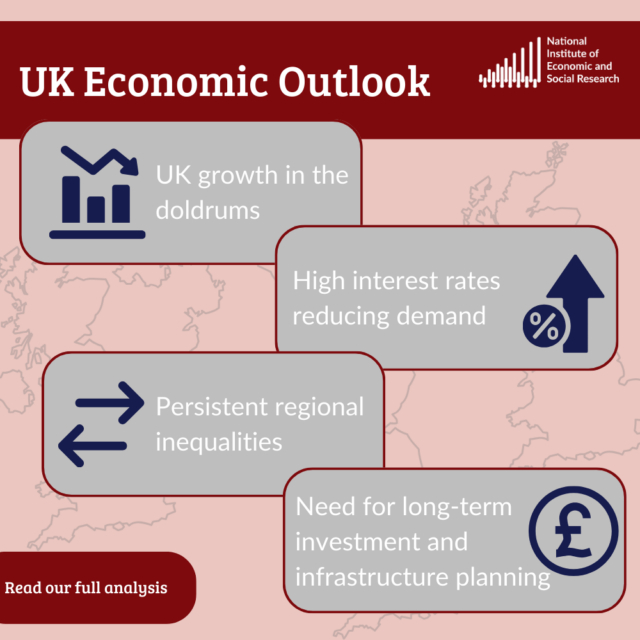Productivity and Levelling Up
 Pub. Date
Pub. Date
 Pub. Type
Pub. Type

At January’s Business Conditions Forum, hosted by the National Institute of Economic and Social Research (NIESR), economists and senior leaders from a range of organisations came together to discuss the perennial issue of low productivity. Before the global financial crisis, labour productivity in the UK grew at an average rate of around 2% a year for many decades, and thereafter slowed to around 0.5% - a rate unseen since the Napoleonic era.
With presentations from the Office for National Statistics (ONS), The Productivity Institute (TPI) and Centre for Cities, attendees initially examined the past and present productivity, before moving on to explore what it will take to move towards a high productivity economy. Some of the challenges identified include an aging workforce leading to reduced growth in working hours, and a limited number of young people entering the workforce. These factors mean that any economic growth will have to come from a rise in productivity. It is estimated this rise will need to be around 3%.
Some complexities around the Government’s focus on regional ‘levelling up’ were also considered, with some suggestions around what may need to be considered within the Levelling Up White Paper including:
- The knowledge of each geographical region.
- Making second-tier cities more functional and helping with housing costs to attract greater knowledge and resources.
- Metro mayors need to have more fiscal power or fiscal devolution.
- Complementarity between private and public financing.
The next meeting of the Business Conditions Forum will take place in April.
The Business Conditions Forum was established in May 2019 to bring together chief economists and senior economists from major survey organisations, representatives from business and NIESR economists with a special interest in the UK. The aim of the meetings is to provide a forum for informed and analytical discussions of data and surveys, to better understand the current state of the UK economy.
All meetings take place under the Chatham House Rule.























